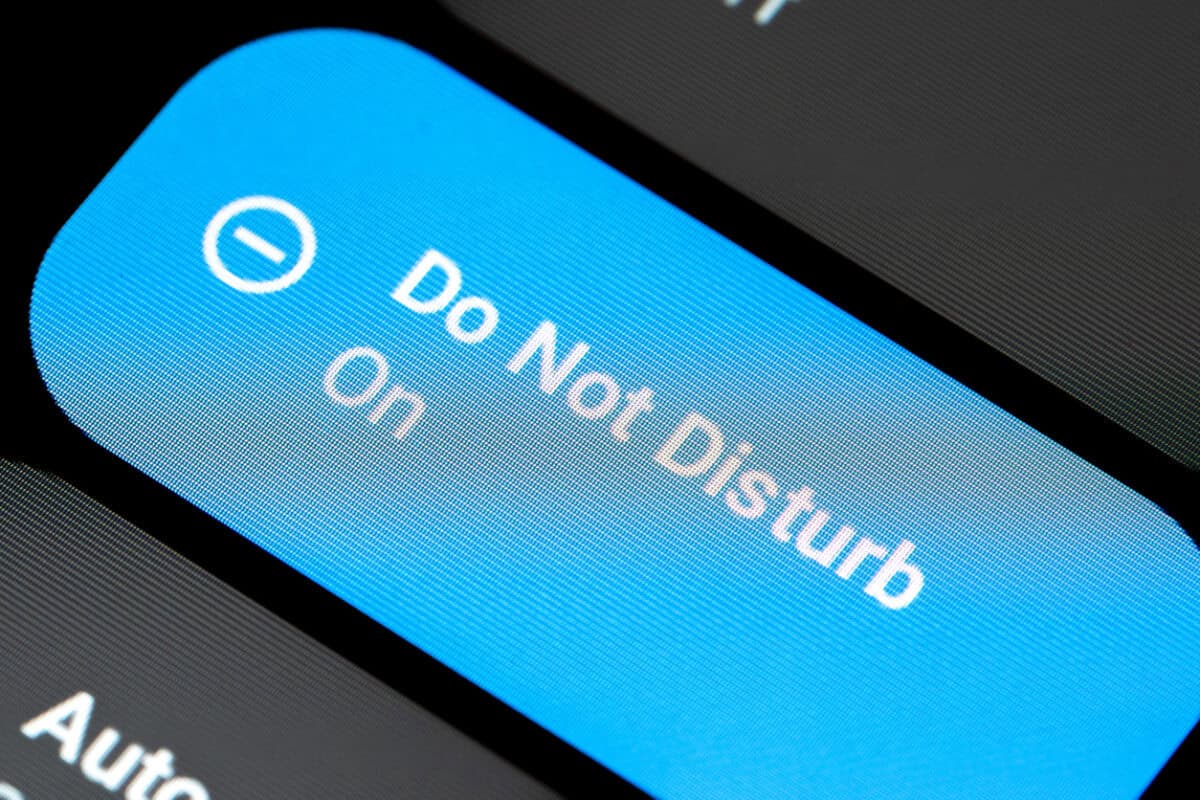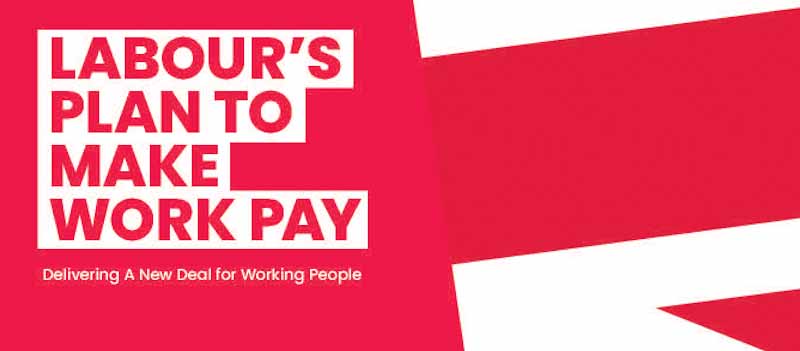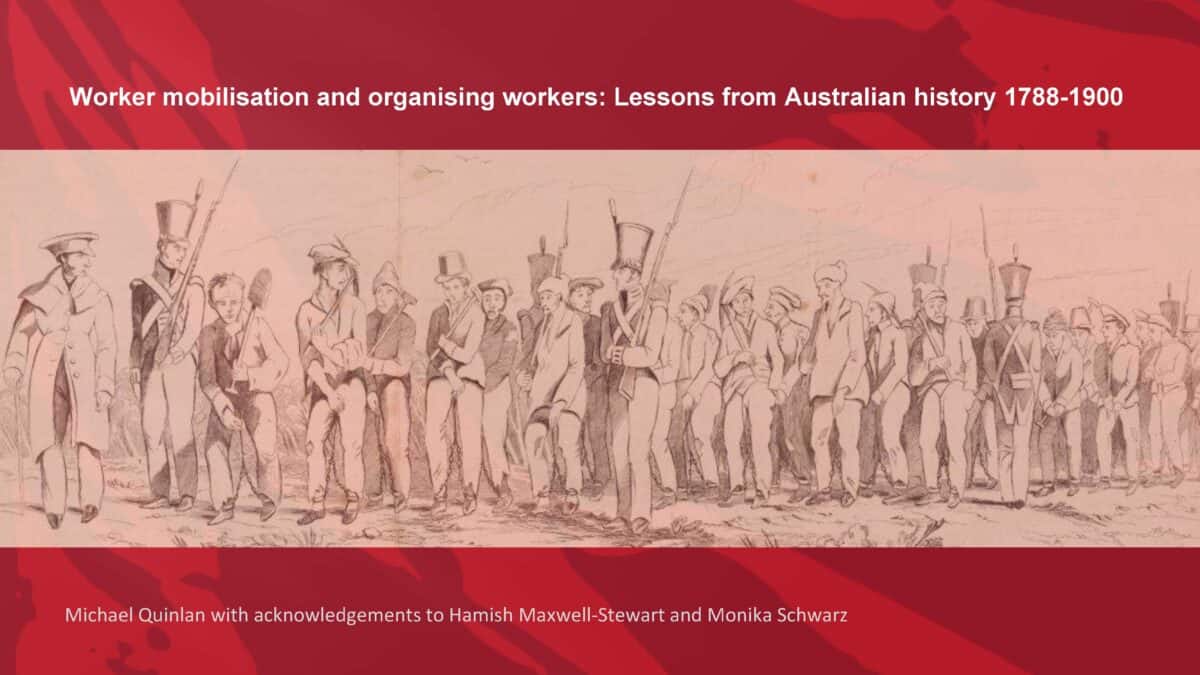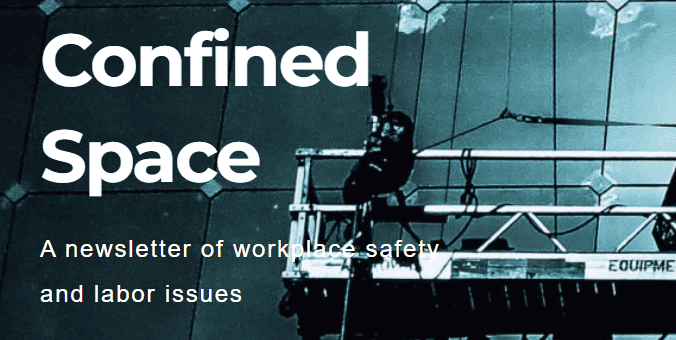While watching Maddocks’ recent webinar on the Right-to-Disconnect for its local council clients, I was reminded of a comment from one of Maddocks’ competitors, Steve Bell, of Herbert Smith Freehills in a seminar earlier this year (paraphrased):
“This is less a right to disconnect as a right to refuse to respond”.
The webinar summarised three contexts for the new Right-to-Disconnect laws – Industrial Relations, Occupational Health and Safety (OHS) and Governance.







